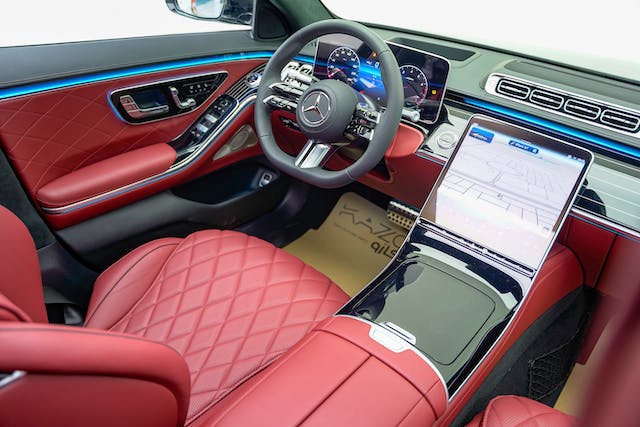There are many reasons why installing a car GPS tracker can be beneficial for you. For one, if you share your car with other members of your family, it can give you some peace of mind, knowing that you can learn their whereabouts during emergencies. Another reason is, if your car is an expensive one, you can easily track it in the event that it’s stolen.
For businesses, a GPS tracker helps them keep a better track of their fleet as this allows them to monitor where their company cars are at all times.
Whatever your reason might be, it’s undeniable how convenient it would be if you install a GPS tracker in your car. However, with the extensive range of models available out there, it can be difficult to find the right one for your needs.
With that said, here’s a comprehensive guide on choosing the best car GPS tracker. If you want a tracker with no recurring fees,you may check the top picks by Newswatch. With this, you can learn everything you need to know to make an informed decision when purchasing one. This article will definitely help you find the best car tracker for your vehicle.
1. Type of GPS Tracker: Active or Passive
When choosing a GPS tracker for your car, you first need to decide which type you would get. An active tracker is a real-time tracker that records all the data as well as shows you said data in real-time. With an active tracker, you can see where your car is at the time of viewing.
On the other hand, a passive tracker doesn’t provide real-time tracking. This means you can’t see the exact movement of your car at all times. However, what it does is record everything and store it as a file which you can open via your computer.
The advantage of this system is that you don’t require a subscription to monitor your car’s movement. It does, however, sacrifice the convenience of real-time tracking for this.
2. Battery Capacity
The battery size will depend on the size of the GPS tracker itself. Smaller trackers will, of course, have smaller batteries. This makes them lighter and easier to install but the downside is you will need to replace them every week.
On the other hand, there are bigger trackers with larger battery sizes. These last longer – often lasting up to a month or so. However, they tend to be heavier and more obvious.
If a battery-powered tracker doesn’t seem ideal for you, then it might be best to get a GPS tracker whose power source is the car battery itself. That way, you don’t have to keep on replacing the batteries as it’s powered directly by the car.
3. Alerting Systems
Another feature that can add to the convenience of your GPS tracker is its ability to provide alerts and other notifications via SMS or email. With this, you can easily be alerted when something’s not right with your car or its driver.
4. Signal Capacity
Of course, another important feature is the ability to receive a good signal at any location. When choosing a GPS tracker for your car, it’s best if you opt for one who will maintain its signal even when it’s outside the perimeters of the cities and in other areas like garages and tunnels.
5. Ease of Operation
For GPS trackers, it’s best if you opt for a model that has a simple dashboard or control panel. That way, you can easily understand all its functions and make the most out of your GPS tracker.
Final Thoughts
Installing a car GPS tracker is undeniably convenient, especially if you share your car with other members of your family. With it, you can easily learn where they are and help out in the event of an emergency.
However, choosing the best car GPS tracker isn’t easy so it’s vital you know what to look out for when buying one to avoid buyer’s remorse.
Whether it’s for personal or business use, having a car GPS tracker can only prove to be beneficial to you.

